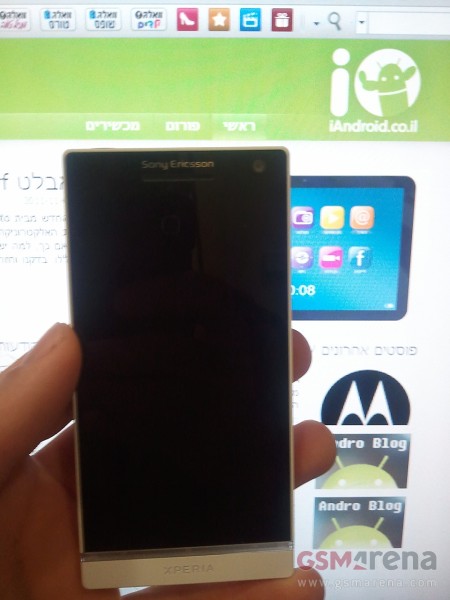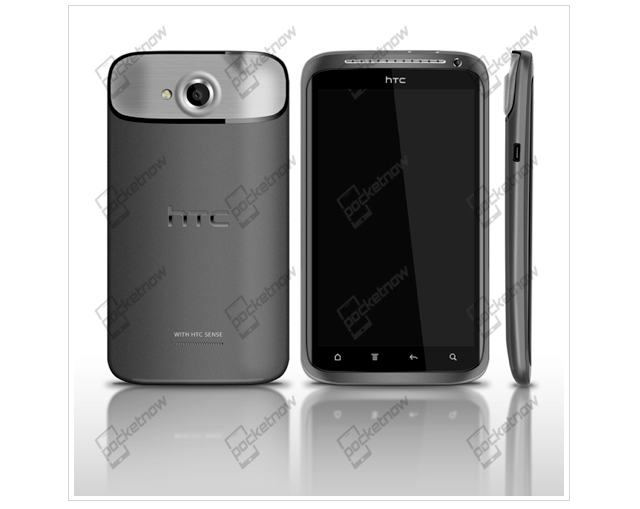their tablets are better optimized than Android tablets, even comparing Tab 10.1 to Ipad 2 the Ipad 2 works faster and smoother. You can see it especially in apps, even Google apps like maps.
But.....
Ice Cream Sandwich has it, so it will be able to match the speed and smoothness. In fact, most Android tablets will run faster and smoother, because they'll have better hardware and also have the acceleration.






